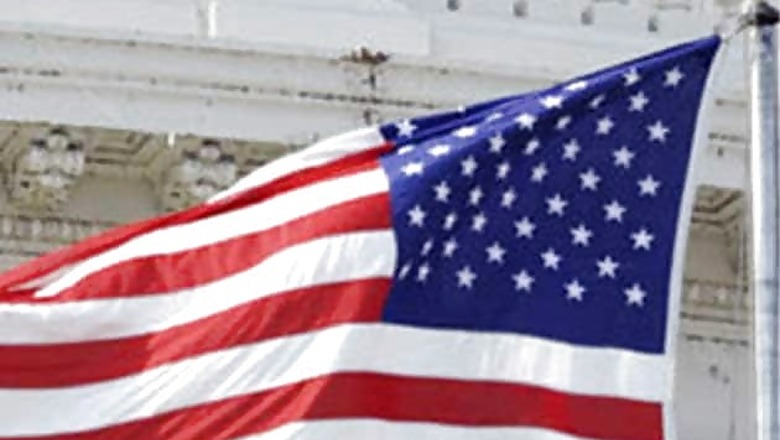
views
New York: A US court will hear on May 1 the arguments in the anti-Sikh riots case against India's ruling Congress party, which has opposed a default judgement being sought by a Sikh rights group against it for its failure to defend charges for conspiring and organising the 1984 riots.
Lawyers from international law firm 'Jones Day', which is representing the Congress in a court in New York, has opposed the entry of default judgement against the political party arguing the 1984 riots case "involves significant issues of public international law that should not be decided by a default judgement."
Judge Robert Sweet of US federal court in Manhattan is presiding over the anti-Sikh riots case filed against the Congress and some of its leaders including Minister for Urban Development Kamal Nath.
The Minister has denied the charges made against him. The judge has set as May 1 the date for hearing arguments in the case.
In its 32 page response filed in the US District Court in New York on behalf of the Congress, the law firm said all events relating to the November 1984 Sikh riots took place in India and there is not much interest in the US about the case.
"All the individuals and property purportedly harmed by the Congress was located in India. "Any witnesses or documents that the Indian National Congress may have relating to the alleged events are located in India.
"The cost, effort, and time required to conduct discovery nevertheless trial of this dispute would be significant."Moreover, the administrative difficulties this Court would face in hearing these claims would be burdensome, local interest in this action is nil, and imposing jury duty on American citizens to hear this entirely-Indian dispute would be inappropriate", the Congress said in its papers.
It said the class action filed against the Congress by the Sikhs For Justice group is "against a foreign political party for alleged acts occurring entirely abroad more than 27 years ago."
Congress party's lawyer Thomas Lynch said the "magnitude of issues at stake, the public international and foreign nature of the lawsuit, the fatal deficiencies in the plaintiff's claims and the longstanding principle that cases should be resolved on the merits all preclude entry of a default judgement against the INC.


















Comments
0 comment